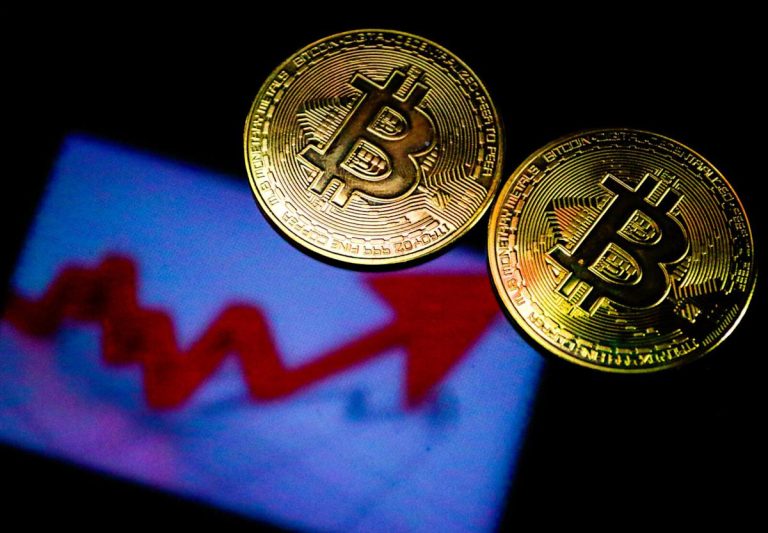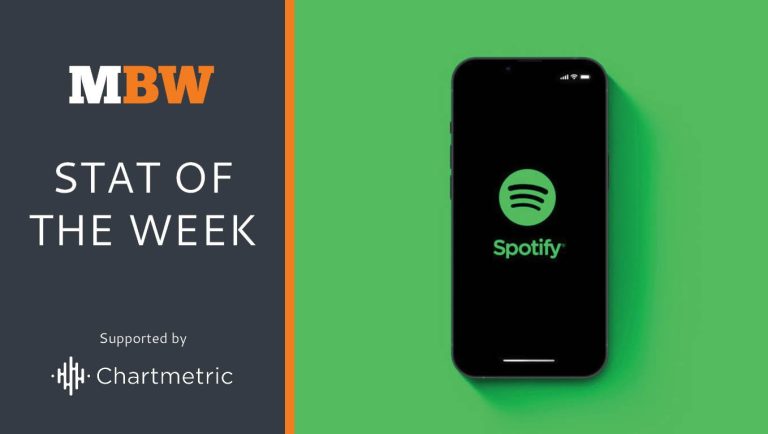A 10% surge in global crude oil prices could lead to a 20 basis point (bps) rise in India’s headline inflation, according to a new research article published in the Reserve Bank of India’s July 2025 Bulletin. The findings underline India’s continued vulnerability to oil shocks, despite recent efforts to buffer their domestic impact.
The study, titled “Revisiting the Oil Price and Inflation Nexus in India” and authored by RBI researchers Sujata Kundu, Soumasree Tewari, and Indranil Bhattacharyya, assesses the inflationary effects of international crude price movements on the Indian economy, especially in the post-pandemic period. The authors noted that while inflationary pressures from oil have been relatively contained, the effects remain statistically significant, particularly after the Russia-Ukraine conflict in 2022 worsened global supply chains.
“Empirical estimates suggest that a 10 per cent rise in global crude oil prices could increase India’s headline inflation by around 20 basis points on a contemporaneous basis,” the paper said. These estimates reflect the immediate short-run impact and emphasize the need for caution in an increasingly volatile global energy market.
India remains heavily dependent on oil imports, making its economy particularly susceptible to global energy price shocks. Even with government interventions in domestic fuel markets, including price caps and tax adjustments, spillovers to consumer prices remain inevitable.
The RBI researchers highlighted the need for long-term measures beyond immediate policy buffers. “Increase in oil import dependency warrants measures not only to contain the spillovers to domestic prices but also to gradually transition towards alternative sources of fuel,” the paper said. Moving towards renewables and cleaner energy alternatives could help better insulate the economy in the long run, it noted.
The study gains significance at a time when global oil prices have been inching higher amid ongoing geopolitical instability and supply constraints. With India aiming to keep inflation within the 2–6% target band, any oil-led price rise could pose a fresh challenge to monetary policy.
Apart from the oil-inflation link, the RBI paper also highlighted the effectiveness of India’s monetary policy in anchoring inflation expectations. The July Bulletin also noted that despite these risks, India’s inflation had remained below 4% for five consecutive months till June 2025, aided by deflation in food prices and resilient external fundamentals.
It noted that the pass-through of global food prices to domestic inflation remains limited, but volatile items like cereals and vegetables continue to drive short-term spikes. The study also underscored the role of supply-side measures and robust buffer stock management in stabilising food prices, and pointed to the increased use of early warning systems to anticipate inflationary pressures. These insights are part of the RBI’s continued efforts to strengthen macroeconomic stability through timely data analysis and policy coordination.







